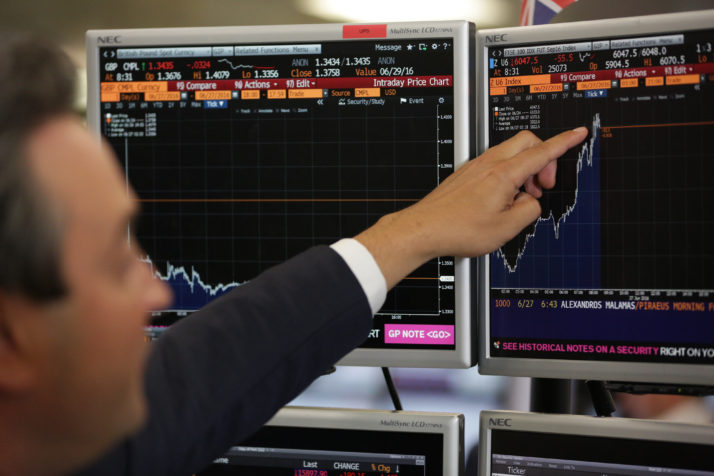- Africa is World’s Most Attractive Equity Market
Africa is still one of the world’s most attractive markets for private equity, Boston Consulting Group (BCG) has said.
The Financial Group, in a statement signed by Associate Director and a co-author of the report, Marc Becker, said Africa remains one of the world’s growth opportunities for private equity investors, though with some facing serious challenges of recent.
To generate the high returns that investors expect, however, funds should consider more flexible investment strategies and new types of corporate targets, the report stated.
The report, titled: Why Africa Remains Ripe for Private Equity, notes that since the early 1990s, the number of private equity funds active in Africa has swelled from about a dozen to more than 200, while funds under management have risen from some $1 billion to upwards of $30 billion. This rapid growth, combined with the recent downturn in Africa’s largest economies, has raised concerns among some analysts that a bubble is emerging, the statement said.
The report said most private equity funds and principal investors tend to invest only in minority stakes, with the goal of better managing their risks by leveraging robust local partners. While they overwhelmingly focus on a limited pool of investment targets: profitable companies with annual revenue of more than $100 million and proven track records.
The report advised that alternative investment approaches are particularly important if funds are to meet the rising expectations of their investors. It said: “Increasingly, development finance institutions are being joined by global institutional investors that are far more focused on high returns. As prices for stakes in large African companies rise, it will become more difficult for private equity funds to deliver high returns. To fully capture the opportunities in Africa and earn high returns, private equity funds must adapt to the rapidly evolving market and consider more flexible investment strategies.”
The report recommended that private equity investors consider other investment approaches, such as majority stakes, strategic partnerships, and evergreen funds, rather than only funds with timing constraints for divestiture. It also suggested that funds look at a wider range of targets, such as Africa’s growing pool of dynamic smaller companies with significant growth potential.
“Too many private equity investors are pursuing the same kind of target with the same kind of deal structure,” said Patrick Dupoux, a BCG Senior Partner and a co-author of the report who leads the firm’s activities in North Africa.
He added: “But look beyond the narrow cohort of Africa’s corporate elite and you’ll see that the continent offers real opportunities. Some of the most promising targets in Africa are companies that are still off the radar of most funds.”
On their optimism, he stated that despite the rapid growth in funds and a crash in global commodity prices that has hit a number of African economies, the following factors support a positive outlook for private equity.The factors he itemised is that the amount of private equity and principal investment capital under management in sub-Saharan Africa remains very low relative to world standards with a mere 0.1 per cent of GDP. That compares with approximately 1 per cent of GDP in western countries.
Others are that despite recent setbacks, most economists expect that GDP growth in Africa will rebound over the medium term, driven by a swelling middle class, rising foreign investment in infrastructure, and a growing skilled labor force. The statement also hinted that the pool of investment targets is growing with nearly 11,000 African companies having revenue of $10million to $100million and assets of $20 million to $200million yearly.

 Naira4 weeks ago
Naira4 weeks ago


 Naira4 weeks ago
Naira4 weeks ago


 Naira3 weeks ago
Naira3 weeks ago


 News4 weeks ago
News4 weeks ago
 Travel4 weeks ago
Travel4 weeks ago




 Naira4 weeks ago
Naira4 weeks ago


 Jobs3 weeks ago
Jobs3 weeks ago
 Naira3 weeks ago
Naira3 weeks ago






















